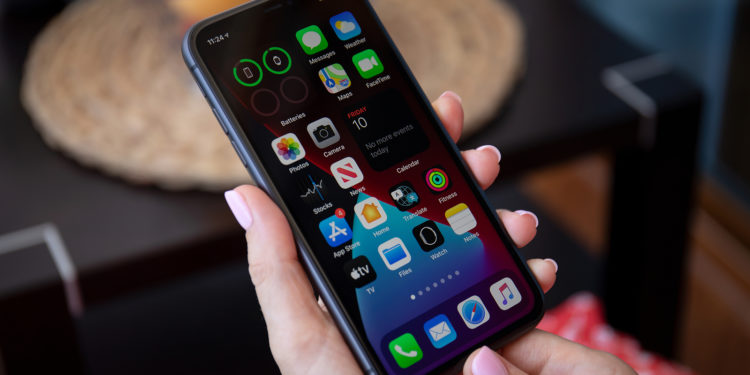The Cupertino-based company has won the first round of a complaint in France alleging that Apple's App Tracking Transparency (ATT) was anti-competitive.
France’s antitrust authority has declared that Apple’s decision to require apps to consent to ad tracking “does not appear to be abusive”. matter but not finished yet. So reported the Wall Street Journal:
France's competition authority rejected a request from advertising firms and publishers to block Apple's plan to limit tracking of individual mobile app usage. In a potential blow to smaller companies hoping to block Big Tech rivals' privacy initiatives on antitrust grounds, the French regulator said Wednesday that Apple's plan to require apps to consent to track them "does not appear to be abusive."
Apple's app policy under criticism
Isabelle de Silva, head of the French competition authority, then commented:
We cannot intervene just because there might be a negative impact on companies in the ecosystem. At this stage, we have not found any blatant examples of discrimination.
The companies behind the complaint, filed last fall by a group of trade associations, have argued that few Apple users will consent to being tracked, making it harder for apps to make money from personalized advertising and hurting companies that broker their sale. But that's just one element of the antitrust investigation into Apple's app policies. A second complaint, filed earlier this month, accused Apple of applying double standards on the issue.
Is Apple giving its own advertising network an unfair advantage?
Specifically, the complaint states that Apple itself is allowed to use data from all Apple apps to serve personalized ads - by default. Apple's system technically does not fall under the App Tracking Transparency (ATT) rules because no third-party data is shared, but it is still seen as unfair treatment by the complainants.
The Personalized Ads system preference for Apple advertising is enabled by default and this fact is not clearly communicated to users. This can be interpreted as Apple giving its own advertising network an unfair advantage, with lower barriers to entry for collecting user data that can then be aggregated to deliver higher-value advertising campaigns.
So far, the ruling only seems to address the policies around consent for third-party apps, without addressing Apple's own workaround. The latter question is apparently still under investigation. (Photo by Denys Prykhodov / Bigstockphoto)





